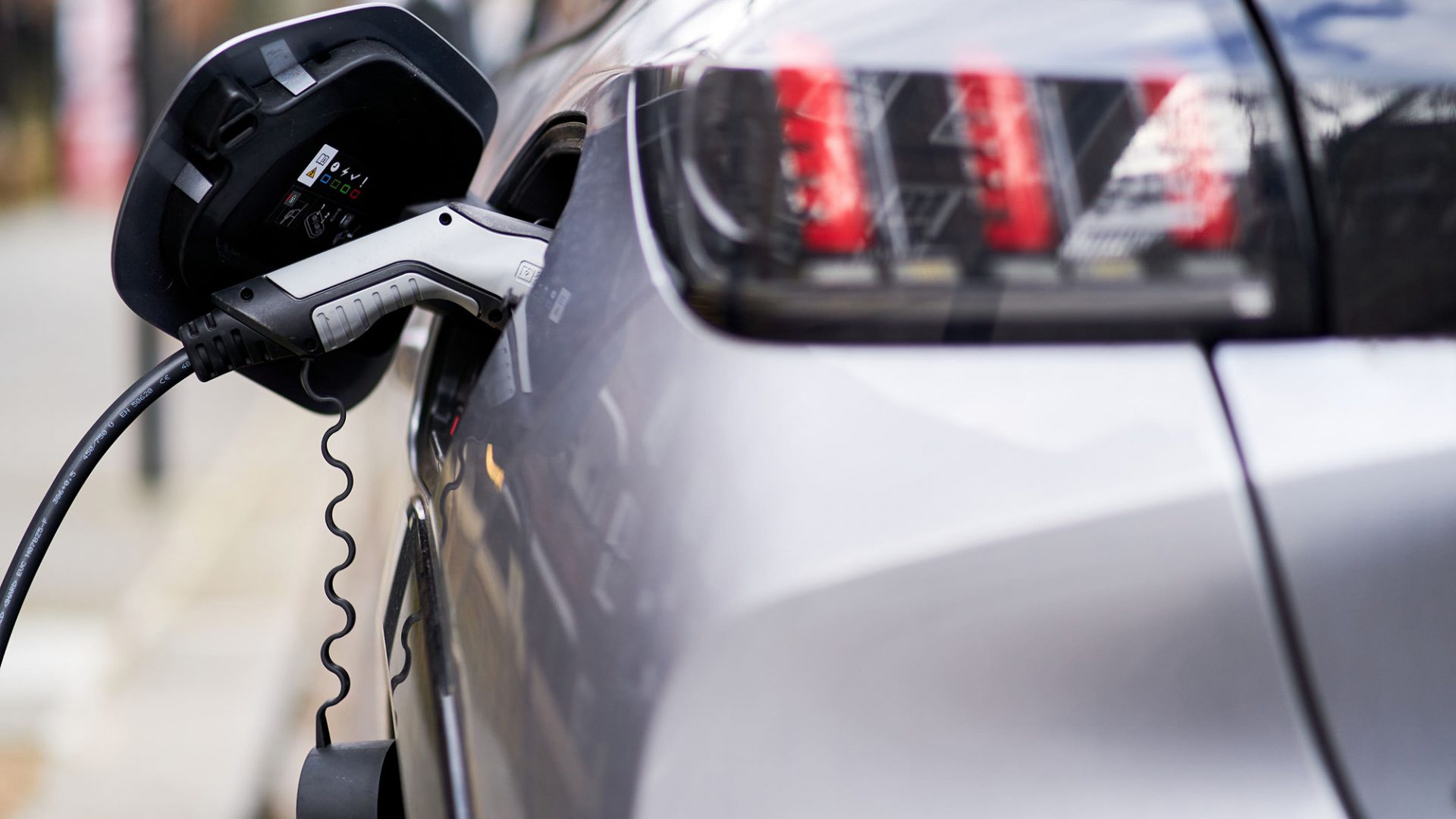Carmakers need to do more to support the growth of the new EV market in the face of growing reluctance from buyers to go green.
That is the verdict of leading automotive tech firm iVendi, which says the high prices of electric cars are putting motorists off.
The firm’s experts also pointed to delaying the EV production deadline to 2035 and rapidly rising insurance premiums as other major barriers to entry.
It now wants brands to find new ways to support the sector in order to encourage drivers to get behind the wheel of an EV.
James Tew, iVendi CEO, said: ‘Despite the government’s recent move to set back the electrification production deadline, existing manufacturer plans and the EV mandate means that the new market still needs to electrify very quickly.
‘The rising supply we are going to see will demand it. However, outside of the company car sector, buyers appear to be increasingly lukewarm.
‘There are several reasons behind this.
‘The 2035 postponement itself is likely to lead to more confusion about EVs and indicate to many people that the whole subject of electrification is a can that has been kicked down the road.
‘At least some private buyers who were planning to buy an EV are now probably rethinking.
‘Also, we are seeing issues regarding insurance, with premiums for EVs rising exponentially and even causing some existing owners to reportedly sell their cars because the cost has become prohibitive.
‘It all creates a high degree of uncertainty in the minds of people who thought their next car would be electric.’
One option for manufacturers could be to follow Tesla’s lead and offer huge price cuts on their electric models.
However, iVendi has warned against taking that route and says that firms would be better advised to find a way of supporting future residual values.
Tew added: ‘The obvious route is discounting but in our opinion, the optics of this are wrong.
‘While there may be longer-term, downward price adjustments for EVs as manufacturing costs fall, it would be damaging if it looked as though what is essentially still a new technology was being dumped on the market.
‘Supporting the future residual value in order to reduce PCP costs would be a better route.
‘Obviously, this risk will only be realised if the vehicle is handed back, and within a typical three-to-four-year contract, we are likely to see a recovery in values, anyway.
‘Other options include to better promote leasing products where there needs to be no public disclosure of pricing.
‘However, consumers have a mindset that PCP gives them all the upside of reward without the risk, and most have enjoyed a positive experience over recent years with the rise in used car values.
‘Personal contract hire (PCH) still isn’t the funding method of choice and there’s much to do to convince the consumer.
‘Ultimately, price will be the biggest driver. Making a three- or four-year deal comparatively cheaper on a lease versus a PCP will start to win hearts and minds.
‘Insurance is another area that could be tackled by looking at captive insurers.
‘Offering fixed-cost cover over the first two years of the lease would be relatively cost-effective and would help to remove another of the objections that are emerging among potential new car customers.’
Tew also says that buyers may well be surprised at the speed at which the new car market continues to electrify over the rest of the decade.
‘The EV mandate is really going to be the big factor here, with the government stipulating the proportion of EVs that carmakers can sell in the UK,’ he said.
‘The targets are really quite ambitious, plus there is a £15,000 per unit fine if they don’t meet their objective.
‘Supply of petrol and diesel vehicles is going to dry up faster than many people perhaps imagine, and the impact of the 2035 switch is likely to be limited.
‘By the late 2020s, new car supply will be overwhelmingly electric.
‘For this reason, bringing more confidence to the new EV market is essential. There is literally no alternative other than making electrification work.
‘Increased acceptance in the new market will also benefit the used market. This will take time though but is much needed.’


































